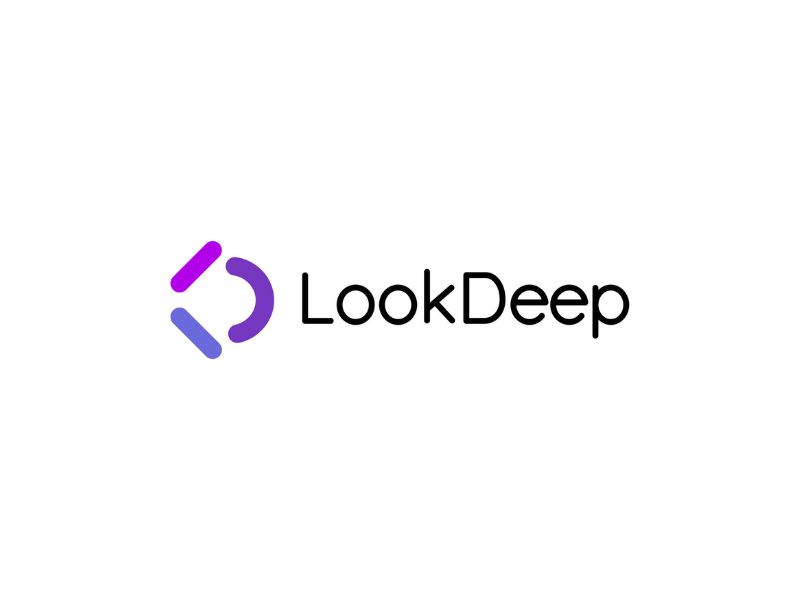LookDeep has officially announced the launch of aimee™, which happens to be the first ever hospital-ready agentic AI platform focused on creating situational awareness and empathetic support.
According to certain reports, the stated AI platform arrives as well-equipped to generate relevant context by perceiving what’s happening in the room, creating structured data from the physical world, and acting on it in real time. More on that would reveal how this solution directly engages with patients and staff before tailoring the technology around their distinctive needs.
“AI in the Bay Area evolves at breakneck speed — that pace isn’t slowing, and we keep up with it so hospitals don’t have to,” said Narinder Singh, co-founder & CEO of LookDeep. “We engineered aimee to ‘plug and cooperate’ — edge vision for privacy, multi-model orchestration for flexibility, and open standards for future-proofing. Hospitals can stay focused on care while we ensure the technology keeps racing ahead.”
Talk about the whole value proposition on a slightly deeper, we begin from the promise of continuous AI improvement. This translates to how aimee leverages LookDeep’s peer-reviewed models, whereas on the other hand, orchestration layers allow both LookDeep-built and partner foundation models to be swapped in without reintegration.
Complementing that would be the temporal sequencing facility which captures what happens before, during, and after each moment. The idea here is to instigate improvements at every layer, achieving more accurate and responsive behavior without disrupting workflows.
Next up, we must dig into the platform’s physical AI, along with its multimodal perception. You see, aimee perceives through multiple senses, including vision, audio, and language. Not just that, these streams are also orchestrated across multiple specialized models, whether for conversation, deeper technical analysis, or summarization.
Such an integrated mechanism, like you can guess, really goes the distance to help aimee achieve broader and deeper context for informing what it means and how to respond.
“Too often, by looking to automate, AI in healthcare tries to eliminate decisions made by clinicians. The largest impact will instead come from equipping clinicians with the information to make the right decisions at the right moment,” said Sendhil Mullainathan, Peter de Florez Professor of EECS; Professor of Economics at MIT. “That’s what LookDeep does so well — provide data streams directly from the physical world so clinicians have the right context window when caring for patients. It cleverly takes patterns we know work and repurposes them to a setting where they’ve rarely been applied.”
Another detail worth a mention is rooted in the availability of selective memory layers that can come in handy to provide a personalized and secure experience. aimee essentially retains empathy cues and personal motivators to strengthen patient connection, while simultaneously flagging clinically significant concerns for staff.
Rounding up highlights would be the prospect of integration to agent collaboration. We get to say so because aimee natively supports the Model Context Protocol (MCP) and other agent-to-agent standards to enable traditional and advanced collaboration with nurse-call systems, RTLS devices, and peer AI agents.
In fact, at some point down the line, aimee can also gain the ability to automatically hand off to a home-care agent at discharge, ensuring continuity where silos have historically created risk.
“With aimee, the result feels both transformative and inevitable: even today’s methods can improve care, and future advances will only deepen the impact,” said Mullainathan.






